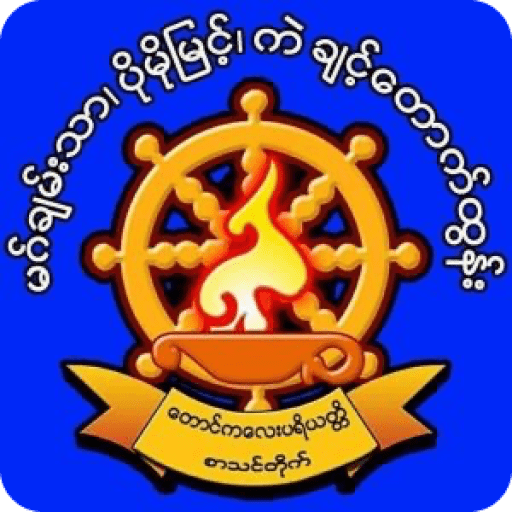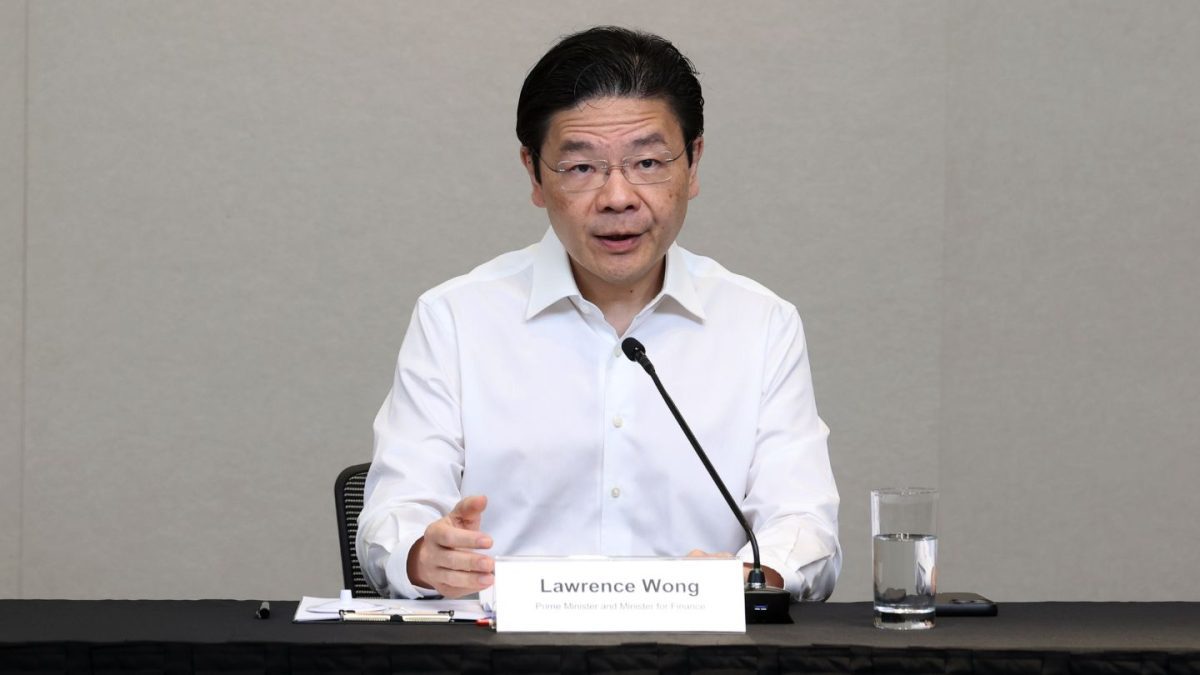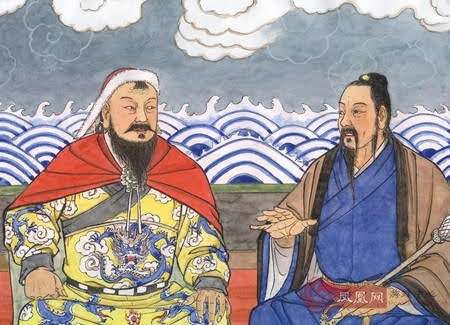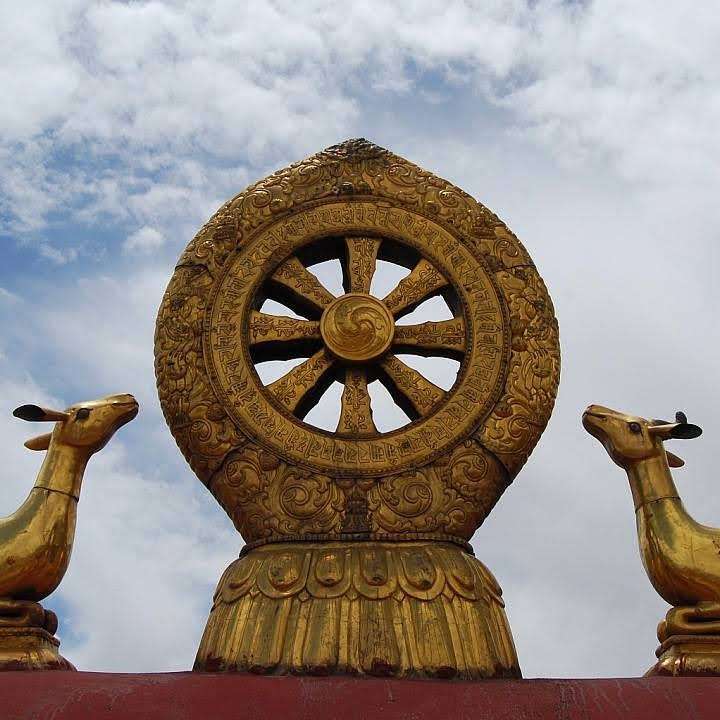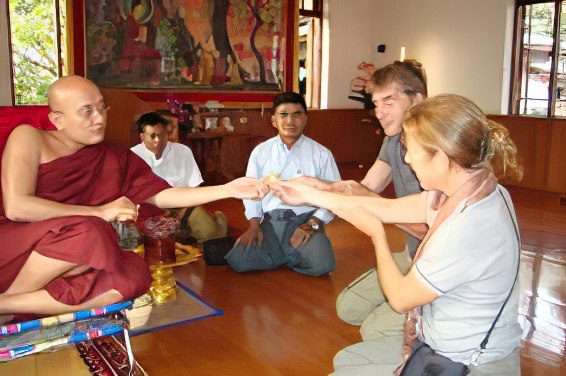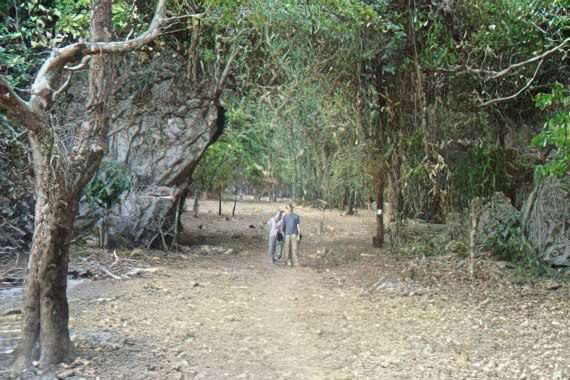Disclaimer: The following is a repost of the official speech by Singapore Prime Minister Lawrence Wong, as delivered on 26 April 2025. The views expressed are solely those of the Prime Minister and do not necessarily reflect the editorial stance of Mahar Pyinnyar. We present this statement in the interest of public discourse and transparency.
Opening remarks by Prime Minister and Minister for Finance Lawrence Wong at the press conference on the Ministry of Home Affairs (MHA) statement on 26 April 2025.
My fellow Singaporeans and
Members of the media
I am calling this press conference in the middle of the campaign as Prime Minister because it concerns a matter of national interest.
You would have seen MHA’s press statement last night.
As Prime Minister, I cannot emphasise this enough – Singapore’s greatest strength is our unity across race and religion.
It is the bedrock of our multi-racial and multi-religious society.
And this is not accidental – it is the result of painstaking hard work and patient effort by generations of Singaporeans.
In the past few days, we have detected online activity by foreign actors urging Singaporeans to vote along religious lines – they say “Vote for so-and-so because he or she will better represent a particular race or religion”.
These foreigners targeted Singaporeans; and their social media posts were also widely shared within the Singaporean community.
That crosses the line.
Singaporeans may have different views about issues.
But we cannot allow external actors to exploit whatever differences we may have to weaken us, or to advance their own interests.
Singapore’s politics must be for Singaporeans alone to decide.
And so, we have blocked access to these posts.
And we will continue to act firmly against any such actions.
Foreign influence is one side of the coin. There are also other posts circulating online, attempting to bring race and religion into politics. One example is a recent social media post by a Singaporean activist proposing that Muslims should vote for candidates that are willing to advance his religious agenda.
These messages may be by Singaporeans, but we should also reject them. And were a Christian, Hindu or Buddhist group making the same demand, our response would be the same: mixing politics with religion is unacceptable in Singapore.
We have always taken a firm stance against this.
First, it fractures the common space we share as Singaporeans.
Second, once elections become contests of faith, all communities in our society will end up worse off.
Third, external powers will seek to exploit these fault-lines to advance their own agendas. And as we have already seen, these challenges and threats are very real.
Now, this does not mean that we cannot engage and address the needs of our different communities or even talk about race and religion.
I, myself make a point to engage these different communities.
I know it is harder for our minority groups; as it is in any multi-racial society. And I am grateful for their efforts in upholding our social compact in Singapore.
The engagements I do, help us, help the government to better understand the concerns and needs of our diverse communities.
So that we can address concerns and issues in a way that expands our common ground and strengthens our society.
But such engagements are very different from identity politics, which we should firmly reject.
What is identity politics? Identity politics means candidates and MPs appealing for support on the basis of race or religion and championing the interests of that particular group over other groups and over everything else.
That is dangerous, because when one group jostles aggressively to assert its identity, others will organise and start to jostle back.
And you can see how this plays out in countries everywhere. You end up fuelling our worst tendencies – hostility and vengefulness across society.
No one wins when this happens – the minority groups will fail to get what they want because the majority group will push back strongly, and the minorities will find their space constricted. At the same time, the majority group will also live in the most unhappy society, where every issue comes down to race and religion.
So no one is happy, no one wins. And in the end, we will be more divided than before. And Singaporeans – all of us – will pay the price.
So I call on all political parties to make their positions clear on this matter. This is not a partisan or party matter. This is a matter of national importance.
In particular, I invite the leaders of all political parties to make their stand clear, not just on foreign interference, but on two fundamental principles:
First, that identity politics has no place in Singapore.
Second, that we should never mix religion and politics.
At the end of the day, whatever our differences, we are all Singaporeans first and foremost. I thank Singaporeans of all races and religions for having supported this multi-racial and multi-religious approach all this while, which has enabled us to build a successful and harmonious Singapore. I am confident that even now, the majority of Singaporeans across all racial groups support this approach. I ask Singaporeans to continue doing so. Then we can protect this oasis of peace and sustain our exceptional harmony for many more years to come.
Sources: Wong, L. (2025, April 26). PM Lawrence Wong at the press conference on MHA Statement (Apr 2025). Prime Minister’s Office Singapore. Retrieved May 13, 2025, from https://www.pmo.gov.sg/Newsroom/PM-Lawrence-Wong-at-the-Press-Conference-on-MHA-Statement-April-2025
![]()
